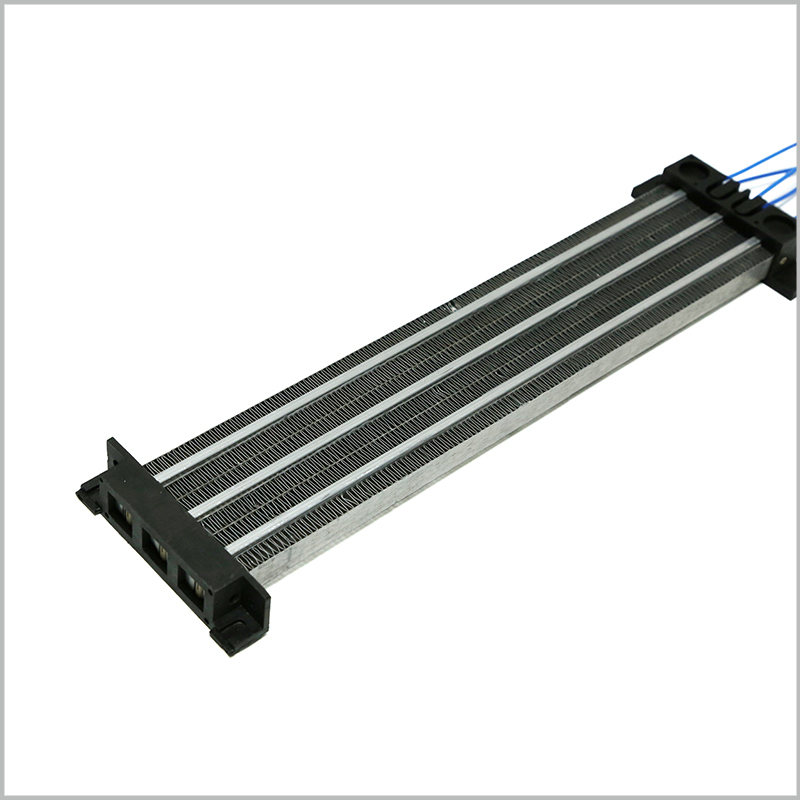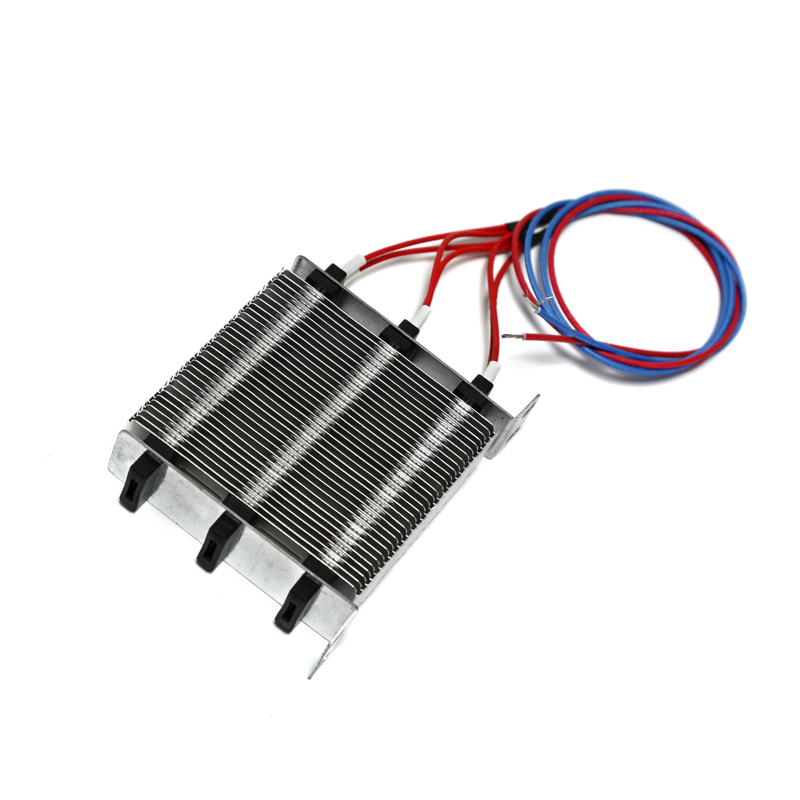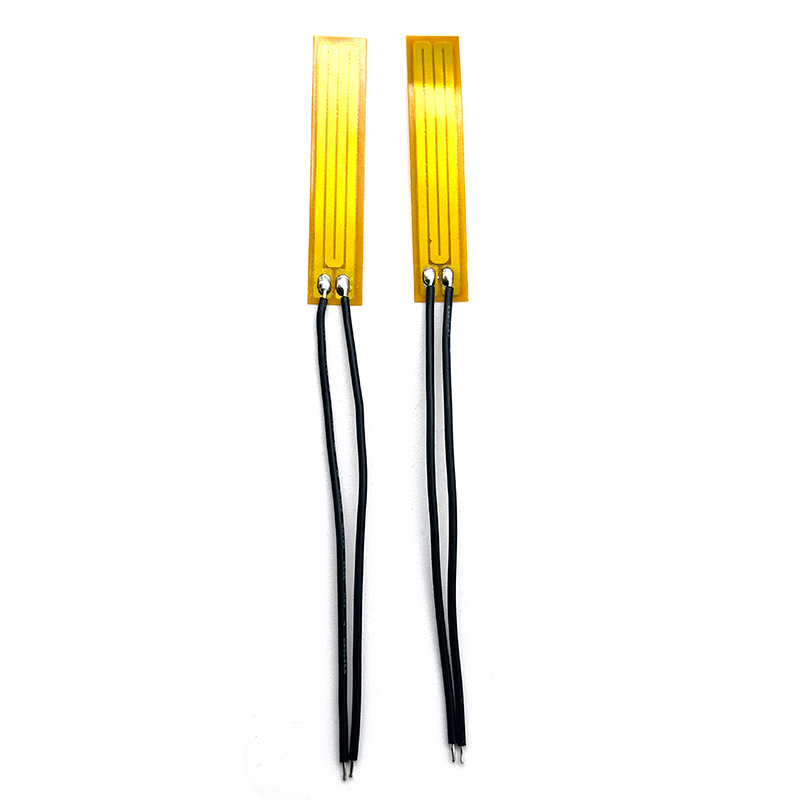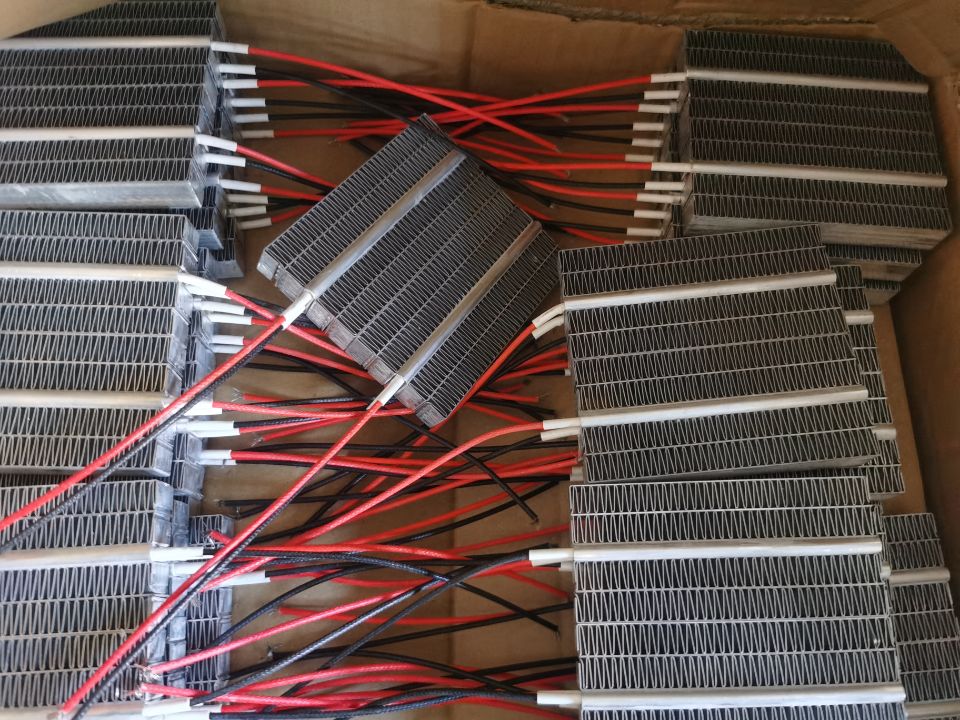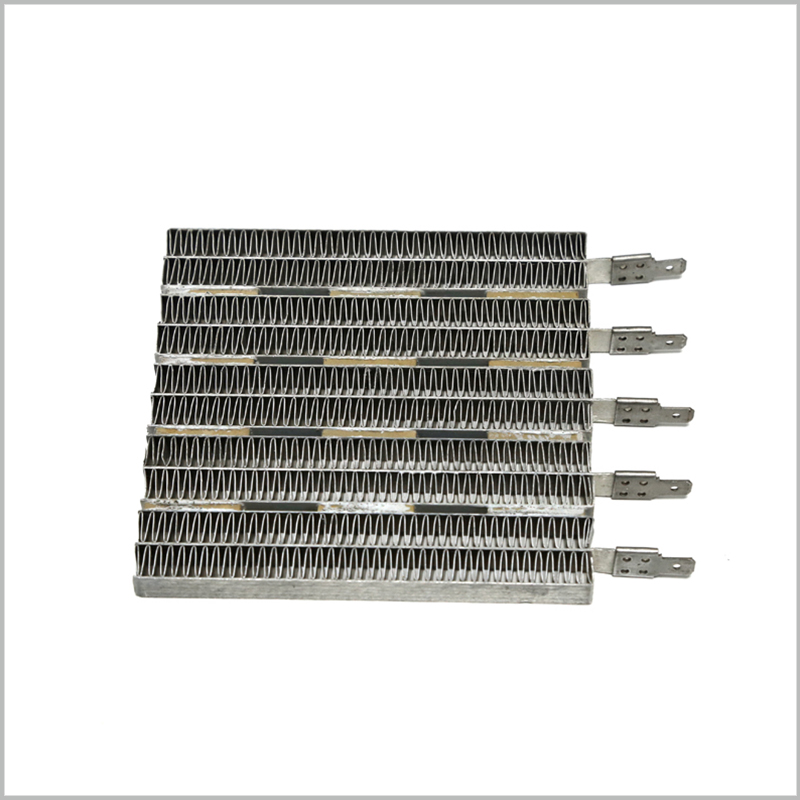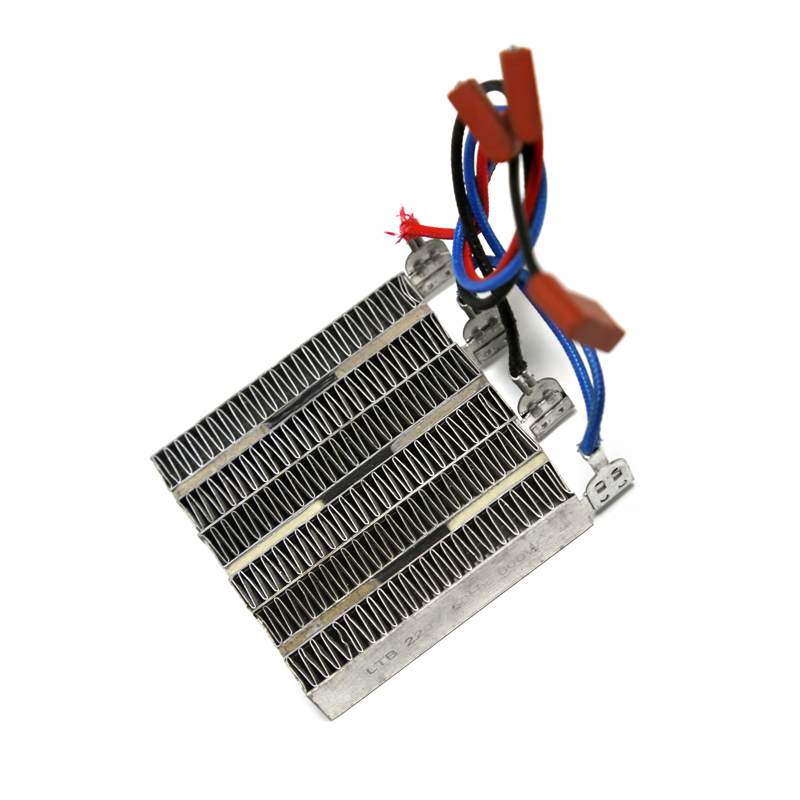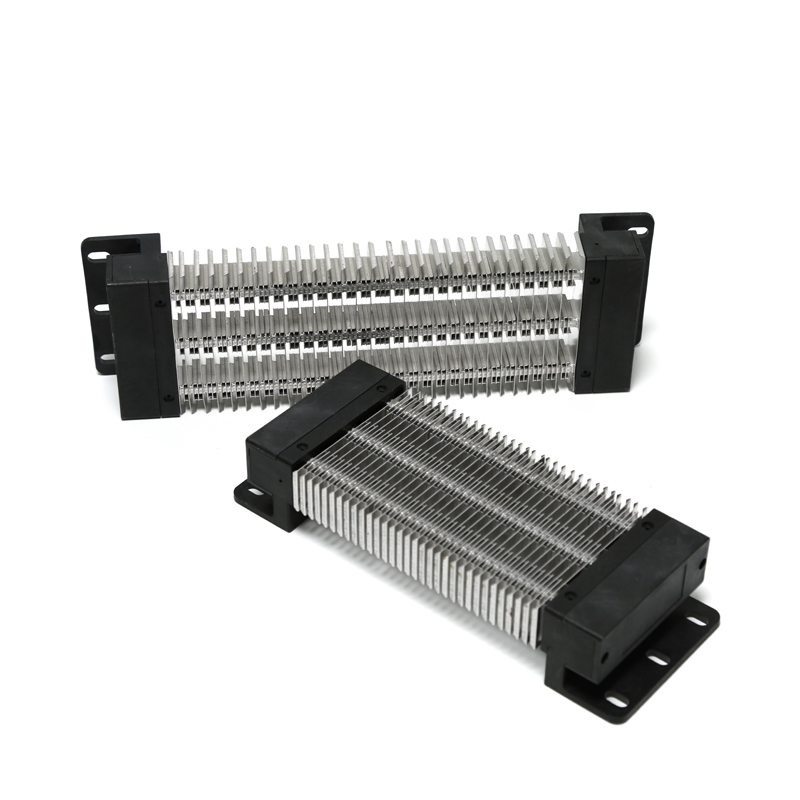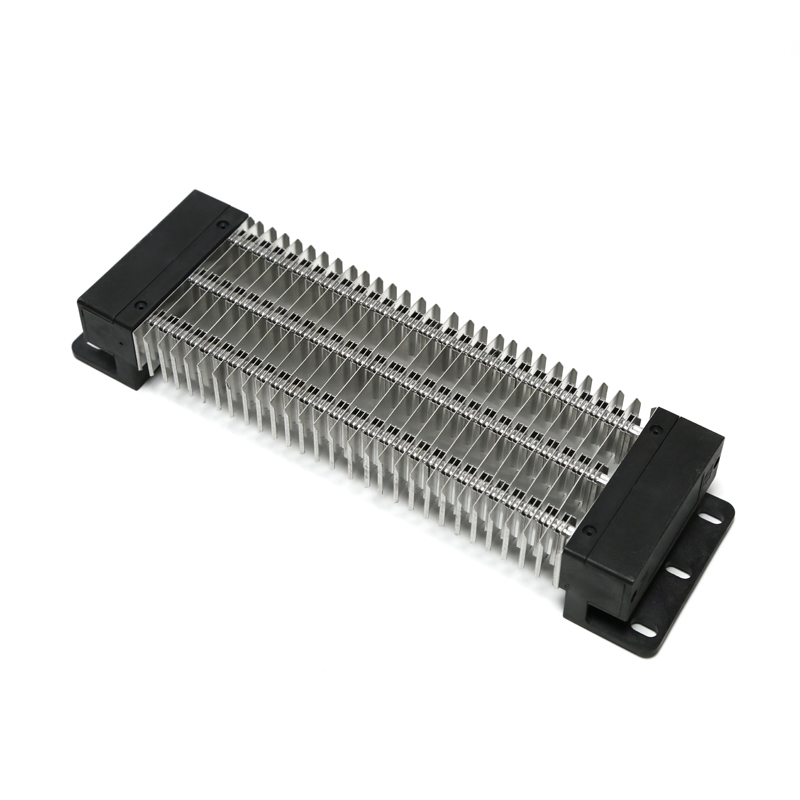In the world of temperature sensing, sometimes the environment is the biggest challenge. Moisture, chemicals, physical abrasion, and tight spaces can quickly compromise a standard sensor. For applications where robustness is non-negotiable, the Enameled Wire NTC Thermistor stands out as a uniquely durable and reliable solution.
Unlike thermistors with PVC or Teflon jackets, enameled wire types feature a thin, yet incredibly tough, insulating layer baked directly onto the wire. This fundamental difference unlocks a host of advantages for demanding designs.
Here are the key benefits that make enameled wire thermistors a superior choice for harsh environments.
1. Superior Moisture and Chemical Resistance
The primary enemy of many electronics is moisture, which can lead to short circuits and sensor failure. The enamel coating on these thermistors is inherently hydrophobic and provides a hermetic seal.
-
Key Benefit: This excellent moisture resistance makes them ideal for applications in humid environments, such as refrigeration compressors, water pumps, and outdoor equipment. The coating also offers strong resistance to many common chemicals and oils.
2. Enhanced Mechanical Durability and Abrasion Resistance
In tight spaces like motor windings or transformer coils, wires can rub against each other or sharp edges. A standard sleeve can be easily cut or worn through.
-
Key Benefit: The fused-on enamel coating is exceptionally hard and abrasion-resistant. It protects the sensor from physical damage caused by vibration, friction, and handling during assembly, significantly improving its operational lifespan.
3. Excellent Thermal Conductivity and Fast Response
Despite its durability, the enamel coating is very thin. This minimizes the thermal barrier between the environment and the NTC chip.
-
Key Benefit: Enameled wire thermistors offer a rapid response time to temperature changes. They can quickly and accurately track temperature fluctuations within components like motors and coils, allowing for effective thermal protection and control.
4. Space-Saving Design for Compact Integration
The enamel insulation is much thinner than a typical plastic sleeve. This results in a significantly smaller overall diameter for the sensor assembly.
-
Key Benefit: This compact form factor allows for easy integration into tight spaces where other sensors won't fit, such as being directly wound into the coils of motors, transformers, and solenoids for the most accurate winding temperature measurement.
5. Strong Electrical Insulation at High Temperatures
Enameled wires are designed to provide robust electrical insulation, even at elevated temperatures commonly found in electrical machinery.
-
Key Benefit: They can withstand high voltages, preventing short circuits between the sensor and the component it's monitoring. This is a critical safety feature in high-power applications.
Ideal Applications for Enameled Wire Thermistors
The combination of these advantages makes them the go-to solution for:
-
Electric Motors & Compressors: Embedded in windings for overload protection.
-
Transformers & Inductors: Direct temperature monitoring of coils.
-
Automotive Systems: Sensors in oil-filled or high-vibration environments.
-
Household Appliances: Washing machine motors, power tools, and pumps.
Conclusion: The Robust Choice for Demanding Environments
When your design faces mechanical stress, moisture, or space constraints, a standard thermistor may not be enough. An enameled wire thermistor provides a robust, reliable, and highly integrated solution that ensures accurate temperature monitoring where it matters most. It’s not just a sensor; it's a durable component built to last.
Upgrade your thermal management with sensors built for the real world. Contact us to find the right enameled wire thermistor for your challenging application.


